Court rejects plan by Dutch national park to control wolf population with paintballs

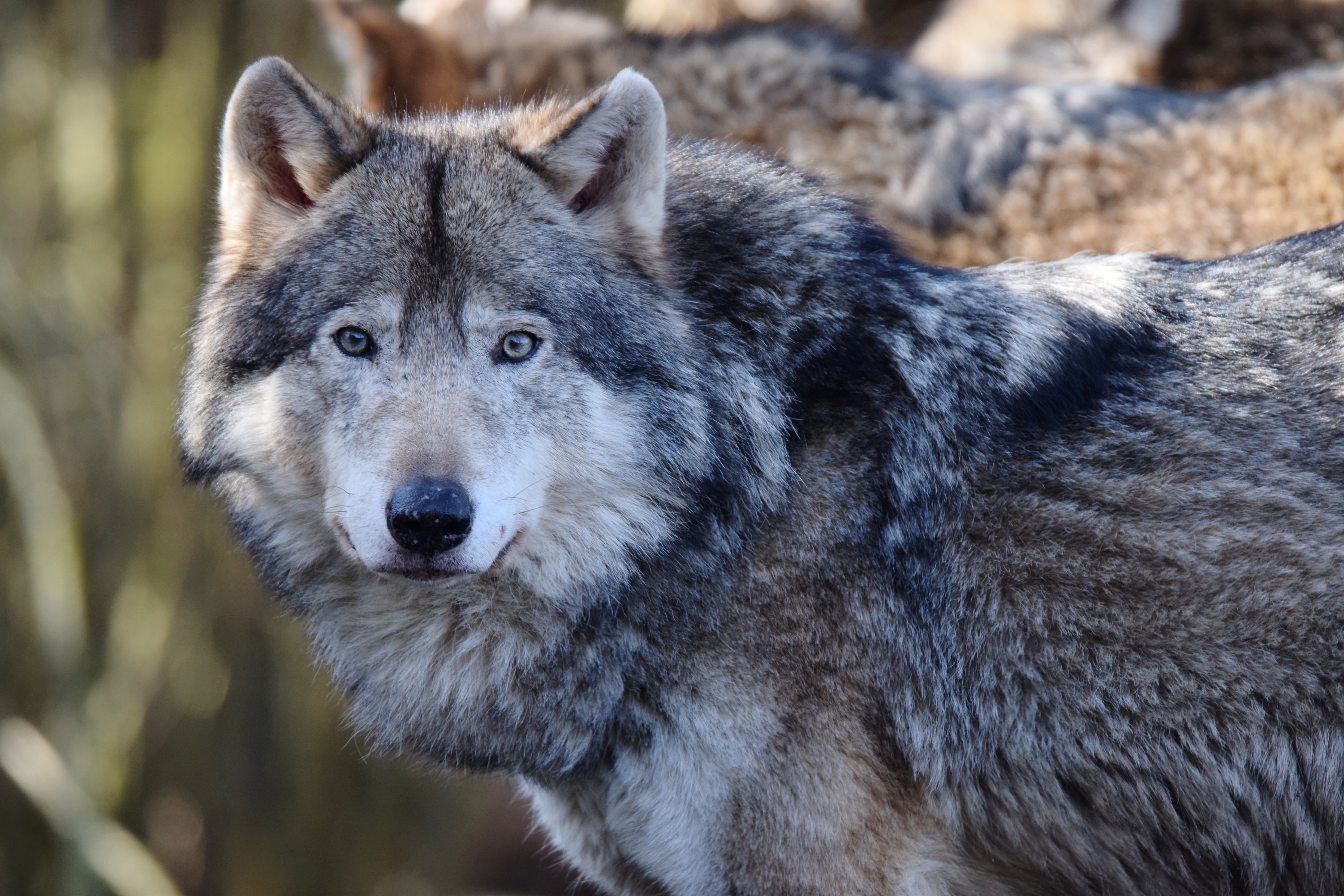
A free daily email with the biggest news stories of the day – and the best features from TheWeek.com
You are now subscribed
Your newsletter sign-up was successful
A Dutch court on Wednesday dismissed a plan from local authorities to pelt wolves with paintball guns in order to control their population, The Associated Press reported.
The province of Gelderland had previously issued a mandate allowing officials at Hoge Veluwe National Park to shoot wolves that had gotten too comfortable around populated areas of the park. However, the plan was met with scathing criticism by the wildlife advocacy group Fauna Protection, which argued that the wolves were protected under the law and that no research had been done as to whether they could be seriously injured by paintballs.
The Central Netherlands District Court agreed, writing in a statement, "The province of Gelderland may not continue to deter wolves with paintball guns for the time being ... the necessity of the measure has not been sufficiently substantiated," per Agence France-Presse.
The Week
Escape your echo chamber. Get the facts behind the news, plus analysis from multiple perspectives.

Sign up for The Week's Free Newsletters
From our morning news briefing to a weekly Good News Newsletter, get the best of The Week delivered directly to your inbox.
From our morning news briefing to a weekly Good News Newsletter, get the best of The Week delivered directly to your inbox.
The court went on to say that paintballs, which were typically only used by humans for recreation, were an "experimental tool."
"It's unclear if the paint bullets will injure the wolf and if a paint mark will cause him to be ostracised by his pack," the court added, suggesting instead that the park designate specially protected areas for the wolves.
The court's decision is the latest in a long saga for Dutch wolves. Though the Netherlands was once filled with wolf packs, hunters drove the animal close to extinction nearly 200 years ago. However, amid ongoing conservation efforts, the Netherlands reintroduced its first resident wolf population in 2019.
A free daily email with the biggest news stories of the day – and the best features from TheWeek.com
Justin Klawans has worked as a staff writer at The Week since 2022. He began his career covering local news before joining Newsweek as a breaking news reporter, where he wrote about politics, national and global affairs, business, crime, sports, film, television and other news. Justin has also freelanced for outlets including Collider and United Press International.
-
 What are the best investments for beginners?
What are the best investments for beginners?The Explainer Stocks and ETFs and bonds, oh my
-
 What to know before filing your own taxes for the first time
What to know before filing your own taxes for the first timethe explainer Tackle this financial milestone with confidence
-
 The biggest box office flops of the 21st century
The biggest box office flops of the 21st centuryin depth Unnecessary remakes and turgid, expensive CGI-fests highlight this list of these most notorious box-office losers
-
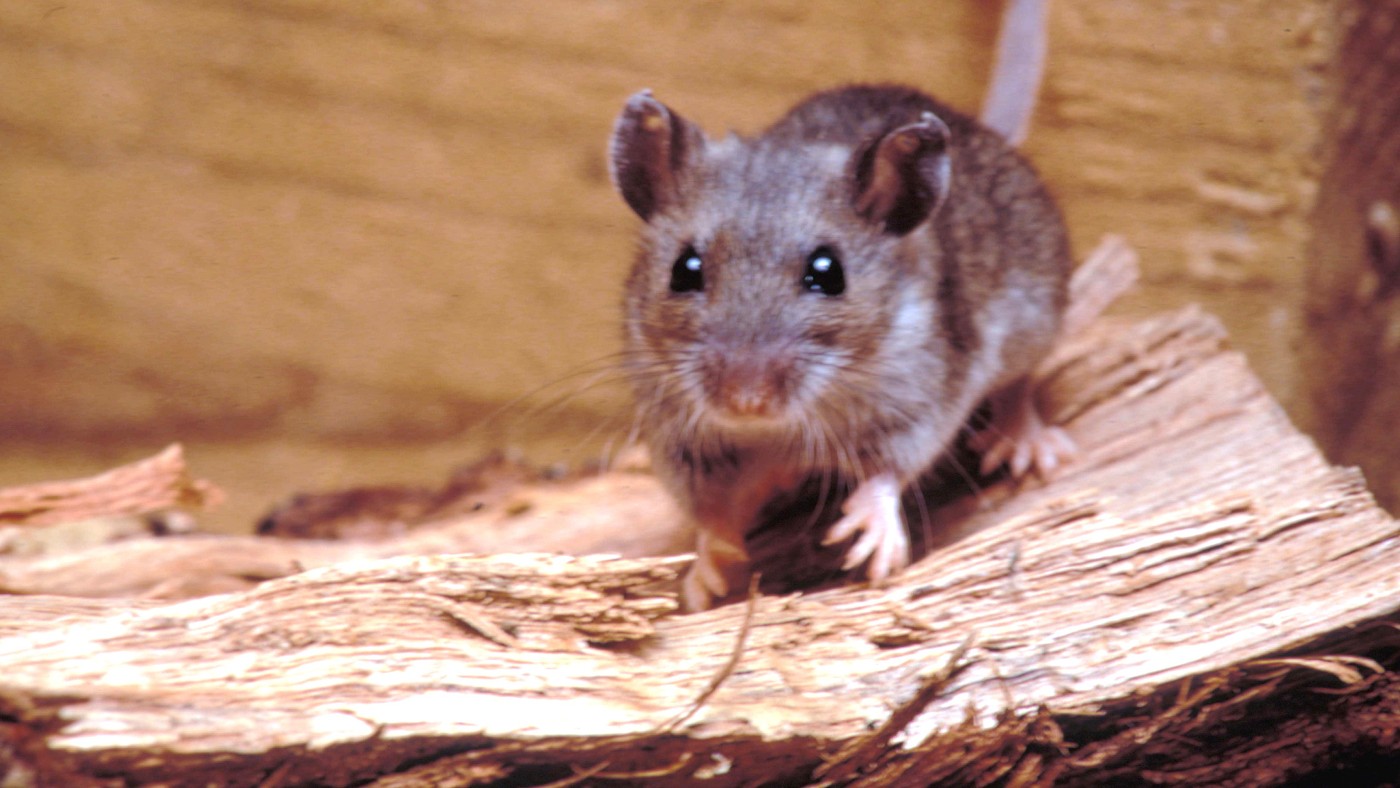 Mouse keeps tidying up man's shed
Mouse keeps tidying up man's shedTall Tales And other stories from the stranger side of life
-
 Mystic's 'terrifying' 2024 predictions
Mystic's 'terrifying' 2024 predictionsTall Tales And other stories from the stranger side of life
-
 10 things you need to know today: December 17, 2023
10 things you need to know today: December 17, 2023Daily Briefing Putin rejects Biden's claim that Russia will attack NATO, Israel ramps up bombardments of Gaza overnight, and more
-
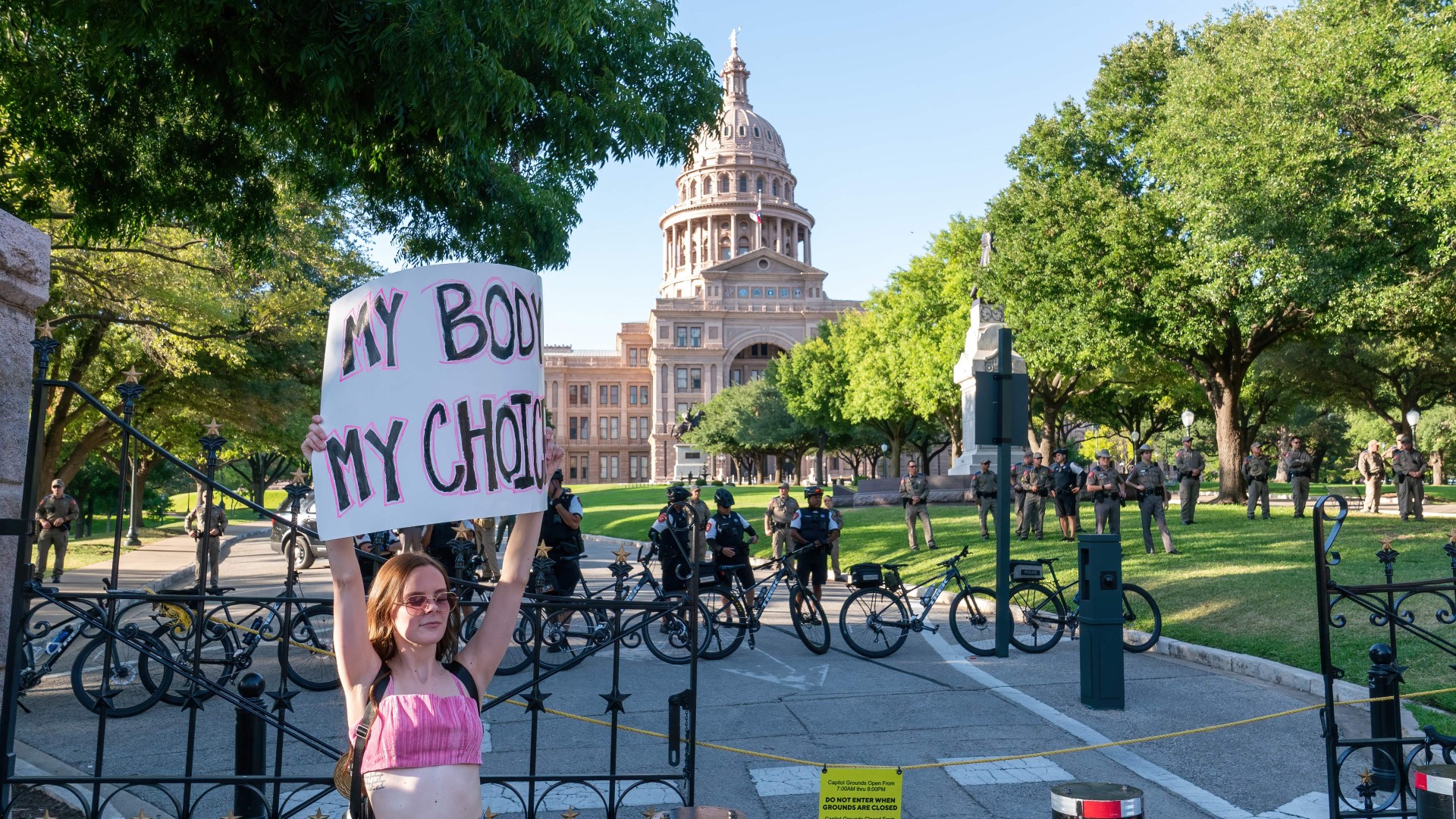 10 things you need to know today: December 9, 2023
10 things you need to know today: December 9, 2023Daily Briefing Texas Supreme Court temporarily blocks woman from receiving abortion, European Union reaches world-first deal on AI regulations, and more
-
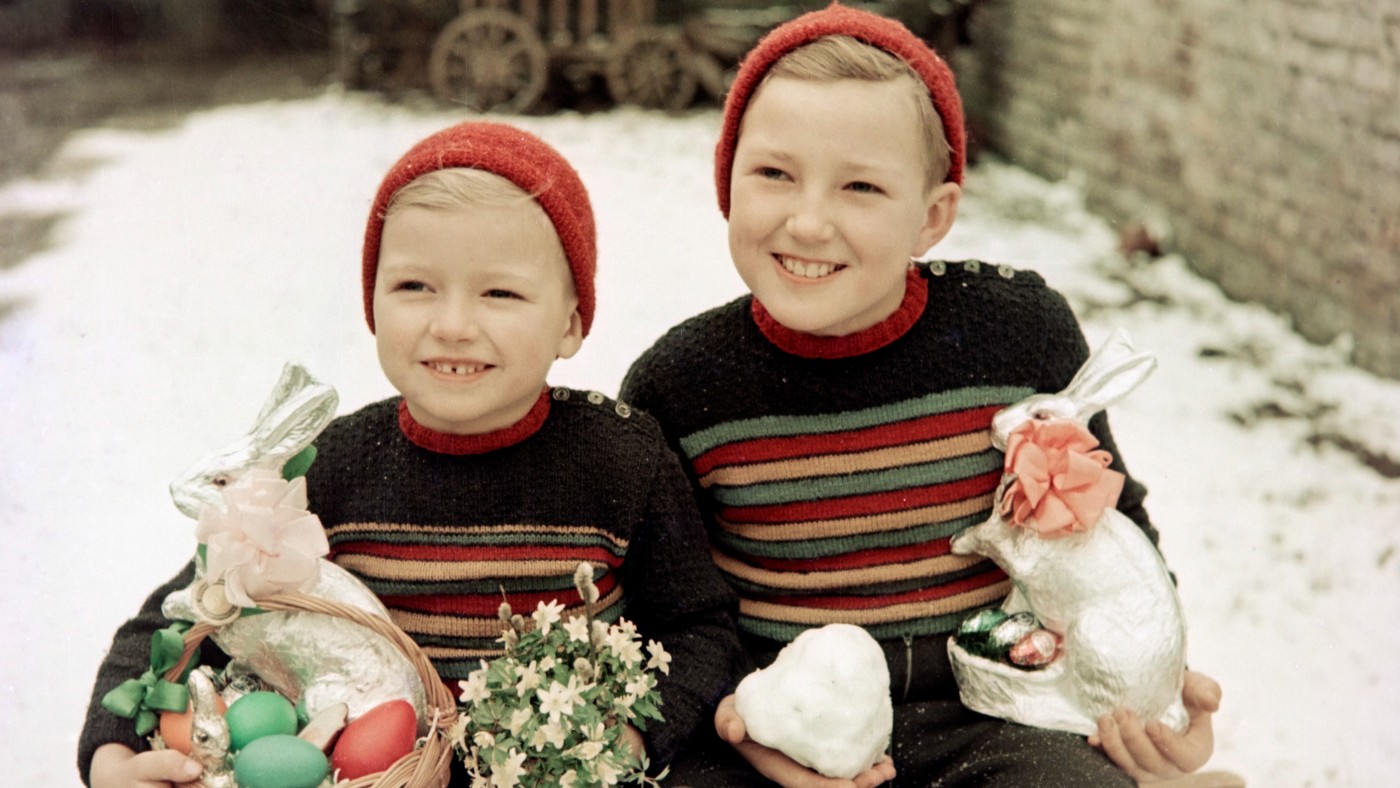 White Easter more likely than a white Christmas
White Easter more likely than a white ChristmasTall Tales And other stories from the stranger side of life
-
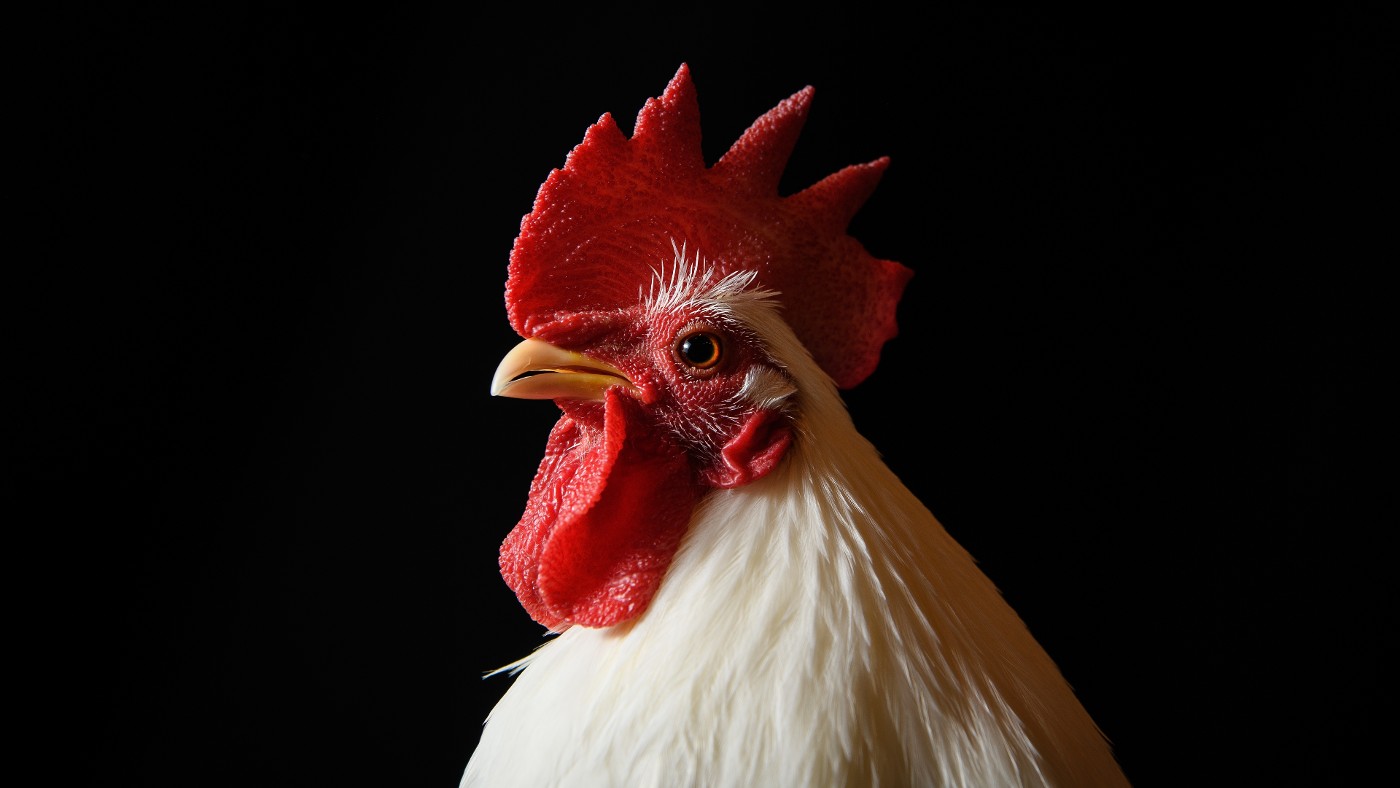 Middle-class chickens pampered at 'hotels'
Middle-class chickens pampered at 'hotels'Tall Tales And other stories from the stranger side of life
-
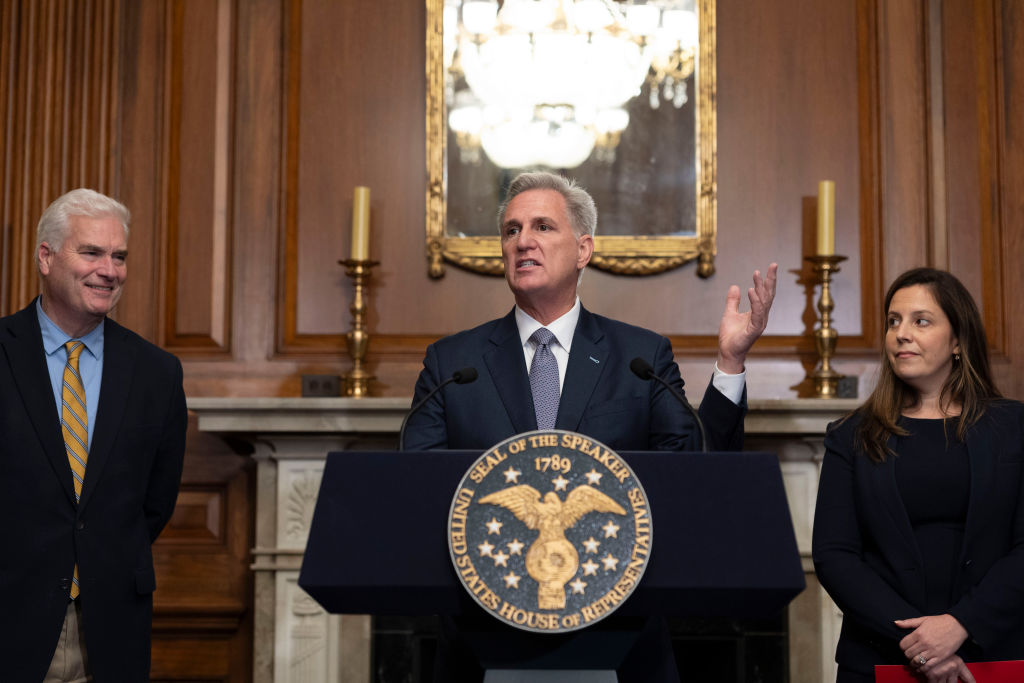 10 things you need to know today: October 1, 2023
10 things you need to know today: October 1, 2023Daily Briefing Government shutdown avoided as Congress passes temporary funding bill, Supreme Court to begin new term as major cases await, and more
-
 10 things you need to know today: September 30, 2023
10 things you need to know today: September 30, 2023Daily Briefing Government shutdown looms after failed House vote, California Sen. Dianne Feinstein dies at 90, and more
